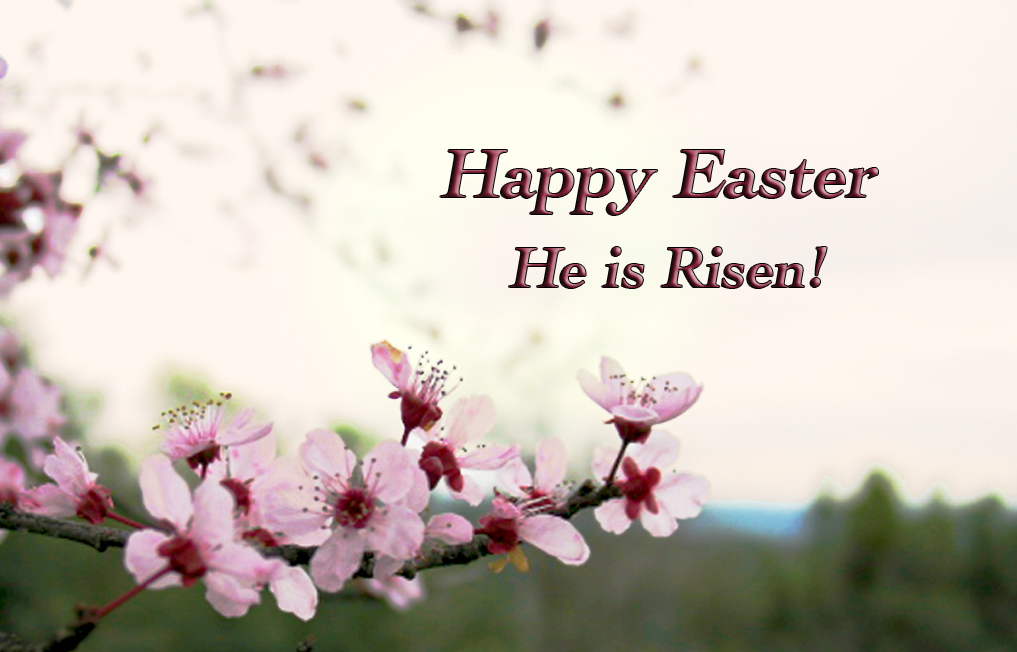
While grocery shopping at Safeway the other day, a Time Magazine special edition with commonly used stress emojis on the cover grabbed my attention — “The Age of Anxiety: Beyond Stress, Lessons and Treatment, You Are Not Alone”. Without any hesitation I tossed the magazine in my basket. The irony of my situation did not escape me. I was standing at least six feet apart from the masked individual in front of me, speaking to a cashier behind a plexiglass barrier, and heading home to where (for the most part) I am sheltering in place alone.
There is little doubt that we are living in stressful and anxious times. So anxious, in fact, that Ronald Siegel, a part-time assistant clinical professor of psychology at Harvard Medical School, estimates that eighty percent of doctor’s office visits are due, at least in part, to anxiety. While some level of anxiety is beneficial — it can motivate us to be cautious in dangerous situations — anxiety becomes detrimental when it interferes with our ability to live life normally. And while stress and anxiety are often used interchangeably, mental-health experts draw a subtle distinction between the two. Stress is the cause or source of anxiety, while anxiety is the brain and body’s response to that stressor. Before I proceed, I do want to offer one caveat: when anxiety interferes with normal living drug interventions may be beneficial or necessary.
So how can we manage anxiety in such stressful times? The first step is to reduce stress. Steve Leder, the senior rabbi of Wilshire Boulevard Temple, describes an ancient spiritual approach to stress reduction in an anxious world: repentance, prayer, and generosity. Repentance means making things right with the people around us, especially those whom we trust and love. Doing this can help lift us from our suffering and fear. Prayer, he notes, is in large part the counting of our blessings even during difficult times. Praying rearranges our thoughts. When we focus on our blessings we are less likely to prioritize anxiety-provoking thoughts. Essentially, we push them into the background. Finally, generosity is important because helping others reinforces how fortunate we are.
This ancient spiritual approach to anxiety management reminds me of John Wesley’s three simple rules for living: Do no harm, Do good, and Stay in love with God. What do both of these spiritual approaches to daily living have in common? They shift the focus and priorities of our lives away from ourselves. We consider how our actions may harm others and so we try to make things right. Finally, when we start drifting back towards old familiar patterns of selffocus we remember to turn back to God. Essentially, we get out of the way and let go and let God.
All this being said, in these stressful times of social distancing and sheltering in place, we will celebrate Easter this Sunday. While it is disheartening that we cannot celebrate by gathering together as a community of faith, you will be near and dear to me in my thoughts and prayers. I invite you to ponder the significance of the Easter event: God does not abandon us, not in life and not in death. God has once more acted on our behalf by conquering the tomb of our bodies through the resurrection of Jesus the Christ. And while God conquered the tomb of our bodies does God break open the tomb of our hearts? What are some of the signs that God breaks open the tomb of our hearts — a willingness to forgive, a desire to care about the needs of others, and a determination to continue hoping and praying, even when our lives feel stressful, meaningless, and out of control.
This Easter may the tomb of our hearts be broken open to reveal the mighty hand of God whose love includes all in Christ. In the words of the writer of Psalm 118 the steadfast love of God endures forever. It is more powerful than anything else in the universe, more powerful even than death. Christ has risen, He is risen indeed!

